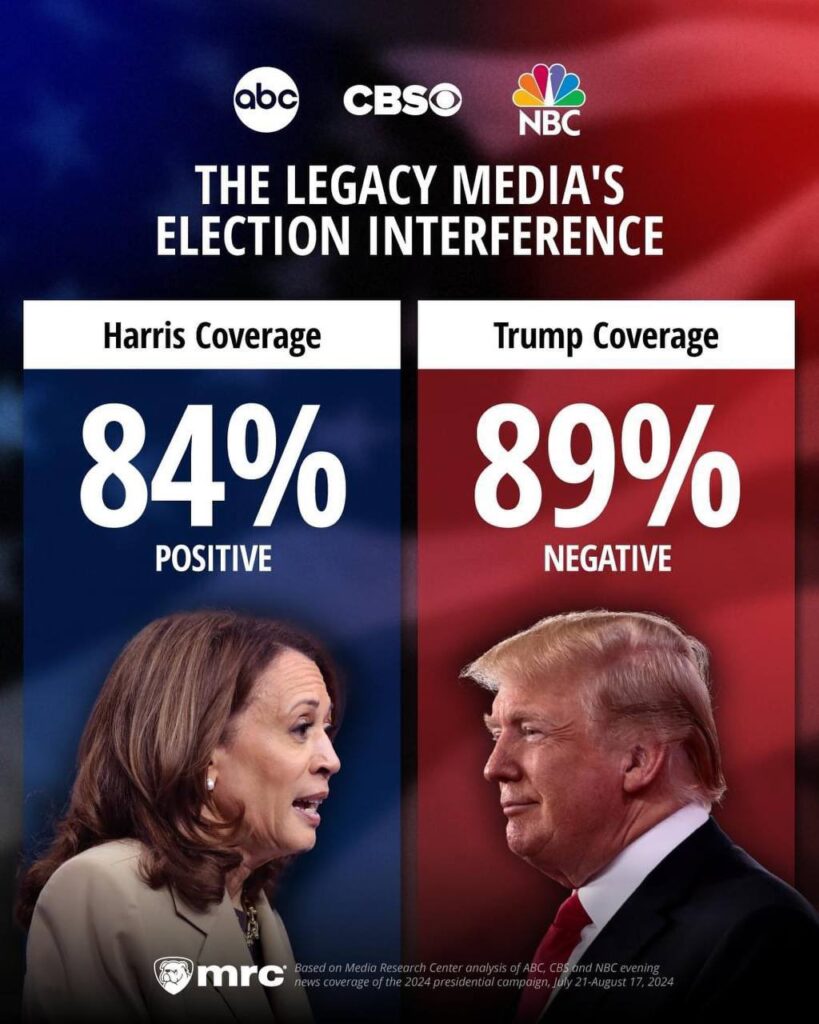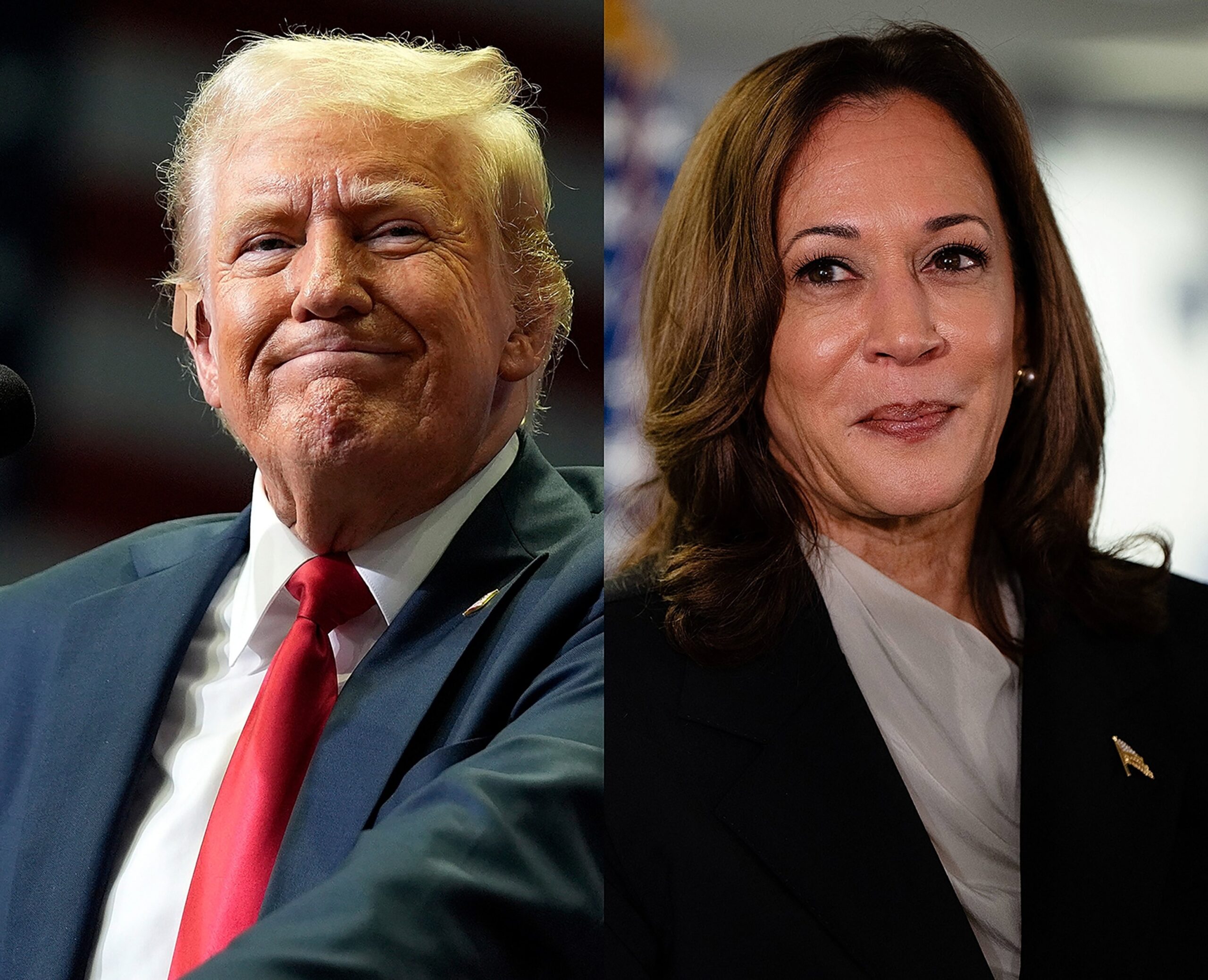As the 2024 US elections approach, concerns about Big Tech’s influence on the electoral process are intensifying.
Major tech companies, including Google, Facebook, and Twitter, have been accused of manipulating political information, raising alarms about election integrity.

This manipulation can manifest through censorship of dissenting voices and the promotion of content aligned with progressive values, as seen in the suppression of the Hunter Biden laptop story during the 2020 election, which may have swayed voter opinions significantly.
Research indicates that platforms like Google have employed targeted tactics, such as personalized search results and go-vote reminders, to influence voter turnout, often favoring liberal demographics.
Critics argue that these practices amount to election interference and threaten free speech.In response, governments are exploring regulations to ensure transparency and accountability among tech giants.
Initiatives like the EU’s Digital Services Act aim to mitigate misinformation and enhance the integrity of elections.
However, experts caution that voluntary agreements from tech firms may lack the necessary rigor to combat deceptive practices effectively.
The stakes are high, and the need for robust action to safeguard democracy is urgent

